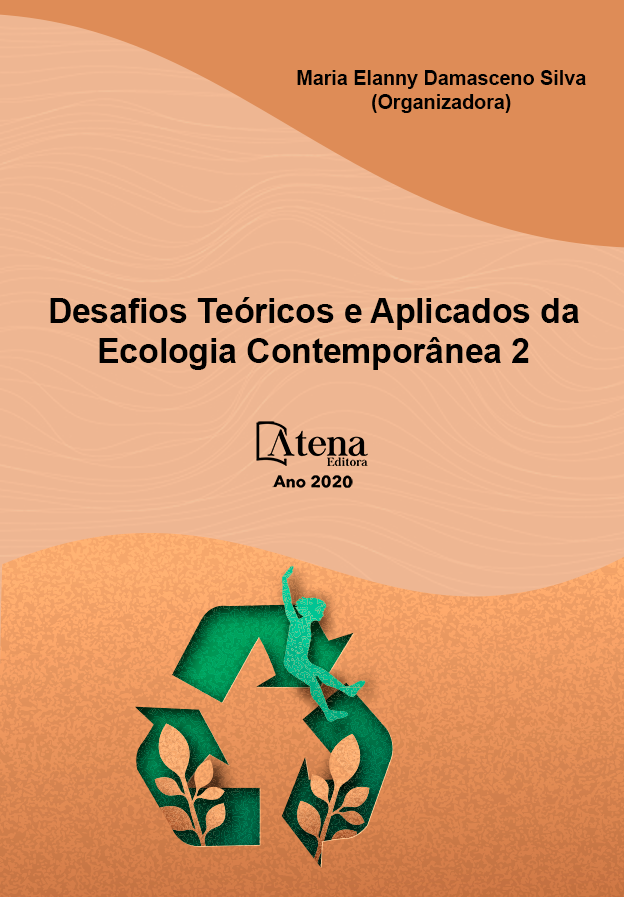
A OCORRÊNCIA E PESCA DO TUCUNARÉ AZUL NO PANTANAL SUL- MATO-GOSSENSE
A introdução de espécies exóticas é uma das principais causas da perda de biodiversidade, desequilíbrio trófico, introdução de patógenos e de alterações diversas no ambiente no qual foi inserida. Espécies do gênero Cichla possuem alta plasticidade fenotípica por isso conseguem se estabelecer com maior facilidade em ambientes novos. A espécie Cichla piquiti (Tucunaré azul) é um espécie original da bacia Amazônica que foi introduzida acidentalmente no Pantanal após a grande cheia na Bacia do Alto Paraguai – BAP, na década de 1980. Pouco se sabe sobre essa espécie nos rios pantaneiros, em vista disso, este trabalho buscou conhecer seus locais de ocorrência para levantar sua distribuição no Pantanal e estimar, por meio de dados secundários, a estimativa de pesca dessa espécie. Inicialmente, acreditava-se que essa espécie ficaria restrita às águas mais calmas e claras, na parte mais ao norte do Pantanal, atual divisa entre os estados de Mato Grosso e Mato Grosso do Sul. Contudo o tucunaré-azul já se encontra amplamente distribuído no Pantanal e sua pesca ainda não está sendo tão explorada. A presença do tucunaré-azul pode fomentar a indústria pesqueira na região pantaneira, ainda mais dentro do sistema de cota zero previsto para a região, por isso é necessário discutir políticas e ações para o correto manejo dessa espécie introduzida a fim de mitigar seus impactos negativos e agregar diversificação econômica na região.
A OCORRÊNCIA E PESCA DO TUCUNARÉ AZUL NO PANTANAL SUL- MATO-GOSSENSE
-
DOI: 10.22533/at.ed.4952013119
-
Palavras-chave: Desenvolvimento regional, Espécie introduzida, Corumbá, Cichla piquiti, Distribuição territorial.
-
Keywords: Regional development, Species introduced, Corumbá, Cichla piquiti, Territorial distribution.
-
Abstract:
The introduction of exotic species is one of the main causes of biodiversity loss, trophic imbalance, introduction of pathogens and various changes in the environment in which it was inserted. Species of the genre Cichla have high phenotypic plasticity so they are able to establish themselves more easily in new environments. The species Cichla piquiti (blue peacock bass) is an original species from the Amazon basin that was accidentally introduced into the Pantanal after the great flood in the Upper Paraguay Basin - BAP, in the 1980s. Little is known about this species in the Pantanal rivers, in In view of this, this work sought to know its places of occurrence to survey its distribution in the Pantanal and estimate, using secondary data, the fishing estimate for this species. Initially, it was believed that this species would be restricted to the calmest and clearest waters, in the northern part of the Pantanal, current border between the states of Mato Grosso and Mato Grosso do Sul. However, the blue peacock bass is already widely distributed in the Pantanal and its fishing is still not being explored as much. The presence of the blue peacock bass can foster the fishing industry in the Pantanal region, even more within the system of zero quota foreseen for the region, so it is necessary to discuss policies and actions for the correct management of this introduced species in order to mitigate its negative impacts and aggregate economic diversification in the region.
-
Número de páginas: 14
- Renner Fernando da Silva Córdova Junior


